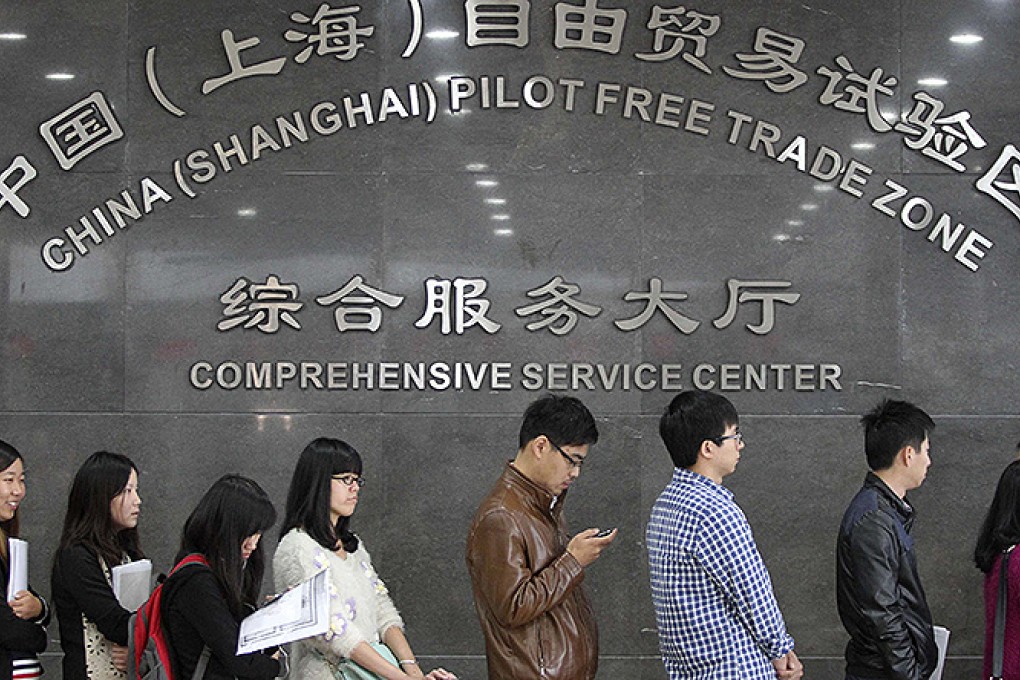March of renminbi as global currency has passed the point of no return
Carmen Ling says political will remains a key driver even if China's massive economy is slowing

Will renminbi internationalisation flop? What if China grinds everything to a halt? These were questions raised by clients during my recent roadshow in Europe.
In contrast to the upbeat spirit in the past few years, recent news about the Chinese economy has been overwhelmed by its departure from high-speed growth, the labyrinth of shadow banking and the humongous figure of local government debts. When nothing should be taken for granted after the financial crisis in 2008, this is valid scepticism from those far from the centre of the action.
If we put the issues into perspective, it's clear that renminbi internationalisation is a one-way train, and the question is its speed, not direction. Political push is one of the four key elements needed to take a currency global, along with a deep financial market, a sizeable economy and a sustainable growth trajectory.
Beijing has exerted unwavering and resolute political will to carry out reform of its economy. Over the past 10 years, the market has witnessed the complete opening up of renminbi trade settlement, the availability of renminbi clearing services in four cities worldwide, the establishment of 24 renminbi swap lines with other central banks, and the proliferation of offshore yuan-denominated bond markets.
The list keeps expanding, with the latest additions being the inception of the pilot free trade zone in Shanghai, the widening of the trading band, the abolishment of lending rate limits and the Shanghai-Hong Kong share-trading programme. Saying these policy changes have come faster than expected is an understatement.
And, from New York and Toronto to Paris and Frankfurt, nations have expressed an interest in becoming the next offshore centre, and at least 40 central banks have invested in the yuan and several others are preparing to do so. It cannot go wrong when so many countries are trying to get on the bandwagon.
China's financial markets have made substantial progress in terms of depth and breadth in the past decade. At the end of last year, A-share market capitalisation had reached 23.9 trillion yuan (HK$30 trillion), and its bond market 29.9 trillion yuan. One should also take into account Hong Kong, where the majority of the 291 billion yuan worth of dim sum bonds were issued in 2013.